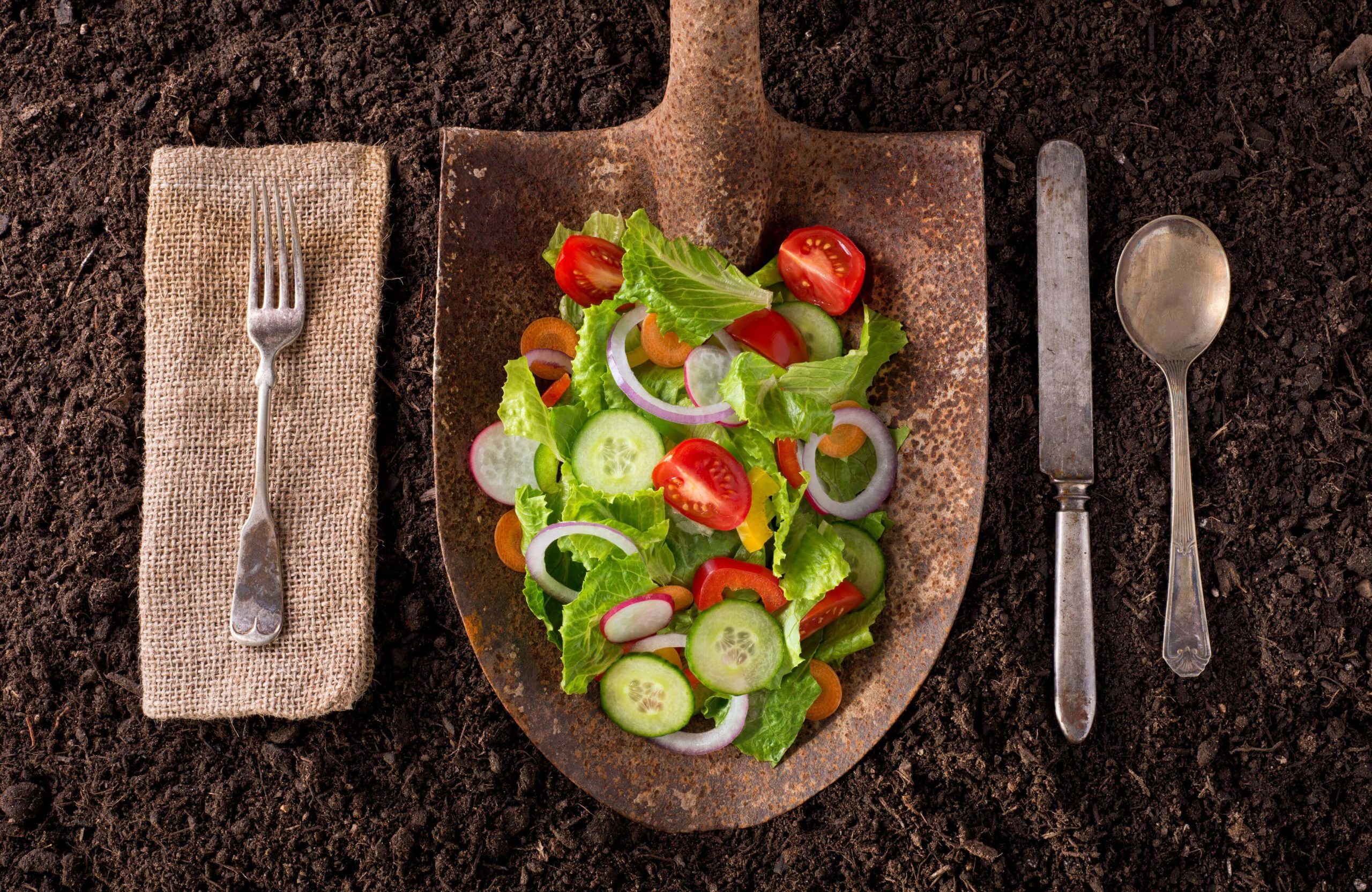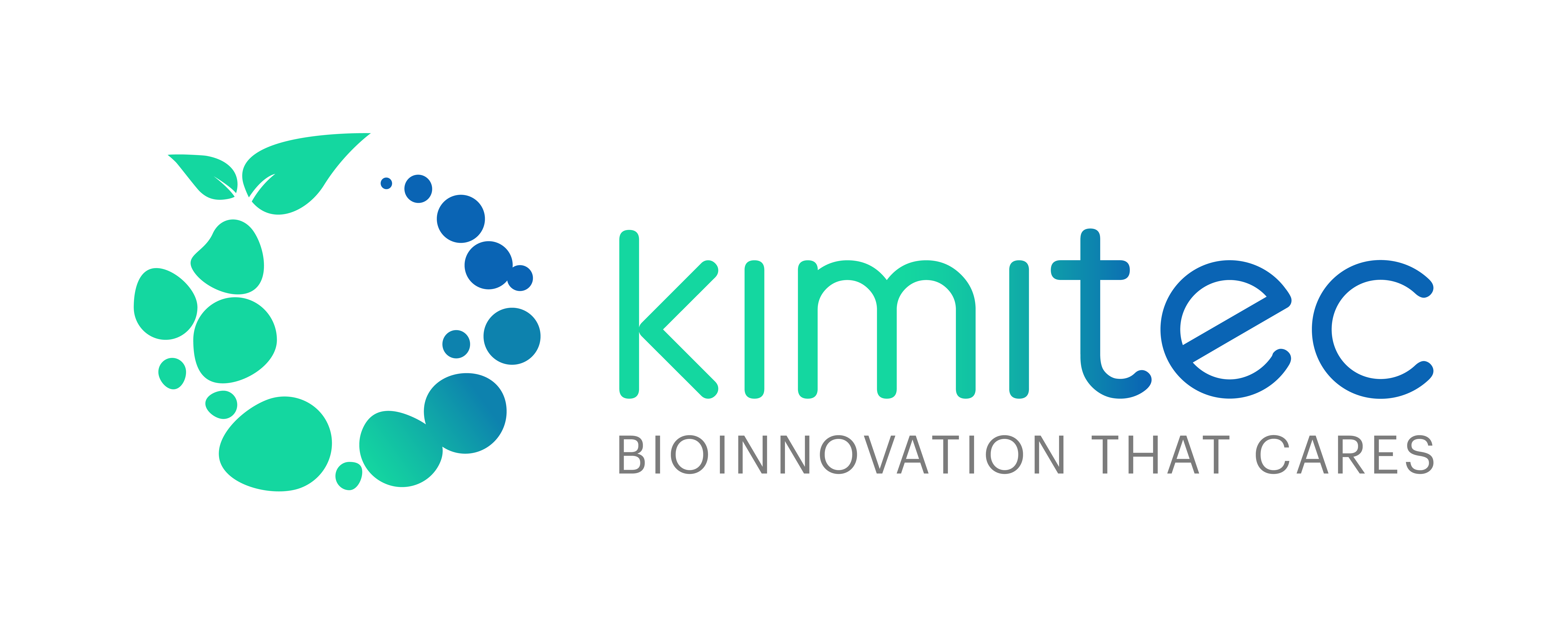The Green Deal and the Farm to Fork strategy: The path towards a sustainable European economy

Over 11 million deaths per year worldwide: That’s the cost of our current fatty, sugar-rich diet, where fruits and vegetables amount to barely 22% of all the food ingested. That figure should, by itself, be enough to raise all alarms. A healthy nutrition based on fruits and vegetables manifestly reduces the risk of suffering a disease, as well as the environmental impact of the entire food system. And that’s exactly what the European Green Deal is about, a comprehensive plan implemented by the European Union in December 2019, aiming to curb climate change and make Europe the first climate-neutral continent by 2050. And it comes with a set of financial measures and aid programs, which have been established to encourage business projects and other initiatives based on the goals proposed.
The European Green Deal represents a comprehensive action plan to promote a clean, circular economy, the restoration of soil biodiversity and the reduction of pollution, by increasing efficiency in the use of resources. To achieve this, action will be required in all sectors of our economy. That means investing in environmentally friendly technologies, promoting industrial innovation, developing cleaner and cheaper public and private transport systems, decarbonizing the energy sector, and working with international partners to improve global environmental standards. Easy peasy, right?
With both strengths and flaws, the initiative is based on the US Green New Deal, and aims to limit global warming to a maximum of 2 °C, compared to pre-industrial times. It even proposes additional measures to keep that temperature increase below 1.5 °C; although, according to the WMO, global temperature in 2020 was already 1.2 °C higher than a century ago.
One of the most prominent lines of work within the program is the so-called Farm to Fork strategy, which aims to make the European food system more sustainable and environmentally friendly, reduce food loss and waste, and ensure the availability of affordable, nutritious food, while reducing the environmental impact.
Two years ago, the President of the European Commission, Ursula von der Leyen, declared that this European Green Deal would help us show the rest of the world how to be sustainable and competitive, so that we could convince other countries and organizations to join the challenge. “The European Green Deal is our new growth strategy – for a growth that gives back more than it takes away”, she explained. Von der Leyen not only spoke about the need “to transform our way of living and working, of producing and consuming, so that we live healthier”. She also talked about business and profitability. Community bodies see the transition to a green economy as an opportunity to develop a business sector based on innovation, upon which a world-leading European economy may be built.
Key aspects of the Farm to Fork strategy
To reach the goals proposed, numerous agreements with specific, multidisciplinary measures were signed over the past year, forming the basis for this Farm to Fork strategy. Focused on our agricultural model and aimed at the creation of a healthier, more sustainable food system, with the Farm to Fork strategy the European Commission intends to implement a series of measures to reduce, by 2030, the use and risk of pesticides and chemical inputs by 50%, including the most dangerous ones. Similarly, to avoid nutrient losses to the environment, the strategy aims to prevent the alteration of soil fertility in agricultural areas, by reducing the use of fertilizers by 20% within the same period. That reduction in the use of pesticides and fertilizers is Kimitec’s leitmotif: We develop natural products that are, at least, as effective as synthetic chemicals, but harmless to our health and the environment.
However, the Farm to Fork strategy still needs to actively support our research activities in the field of biotechnology with a specific regulatory framework that allows a more rapid transition between models. The Commission does intend to promote the development of more sustainable crops by having 25% of agricultural land under organic farming within nine years. But… is that the right approach to achieve balance between sustainability and productivity?
Financing and R&D
To successfully address these challenges highly depends on two key aspects: The availability of financial aid and the promotion of research and innovation activities. In the first case, the European Union plans to invest 1 trillion euros in sustainability by 2030. That’s the most ambitious financial aid package dedicated to sustainability in European history, and it will imply redirecting public and private investment sources towards this specific field.
As for the promotion of research and innovation activities, the highlight will be the new Horizon Europe program, formerly known as Horizon2020. Along with other EU programs, it will be a major resource to mobilize national public and private investment. The program is conceived as the general framework for all research and innovation (R&I) activities within the Union, for the period 2021 to 2027. Aiming to achieve the highest scientific, technological, economic and social impact of EU investment on R&I, it will serve to reinforce our scientific and technological background, and promote the competitiveness of all Member States.
The program covers four of the five areas included in Europe’s Green Deal: Healthy oceans, seas, coastal and inland waters; climate-neutral and smart cities; soil health and food; and adaptation to climate change including societal transformation. Over 35% of Horizon Europe’s total investment will be spent on climate-related objectives.
However, the European Commission has clearly stressed that this Green Deal is not aimed at improving nature, but rather at inducing a favorable change in the life of all Europeans and in European economy. We, at Kimitec, fully identify with that purpose. We think that research is the starting point for the development of a sustainable system. We count on extensive experience in various European projects, including four Horizon 2020. And we fight for the same social and economic objectives. That’s why we will closely monitor and actively participate in the proposed challenges.
